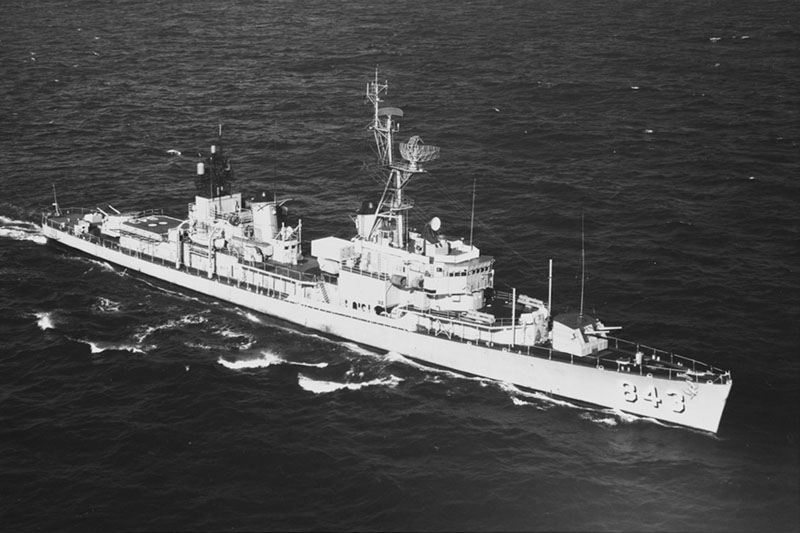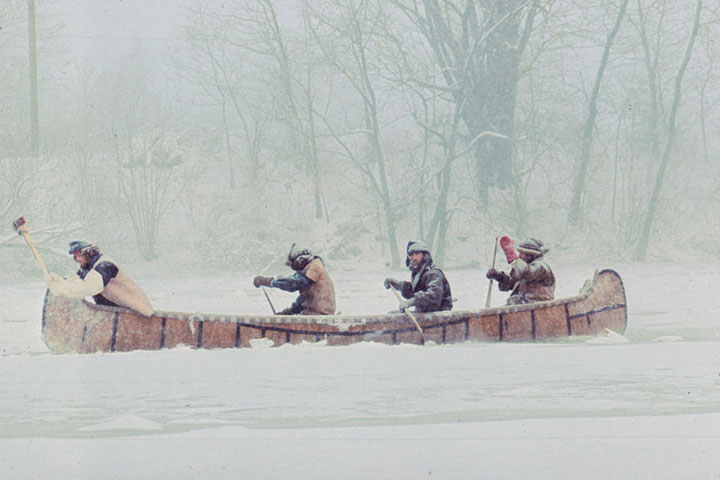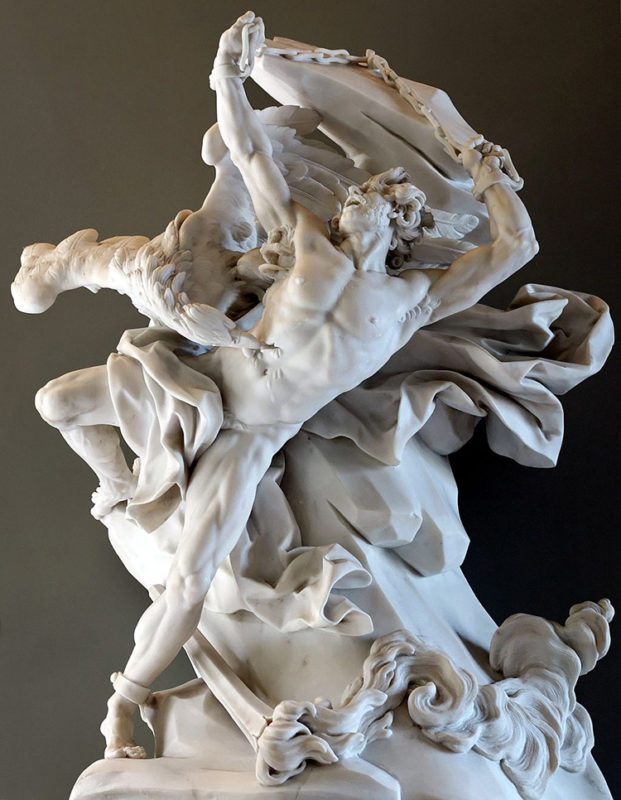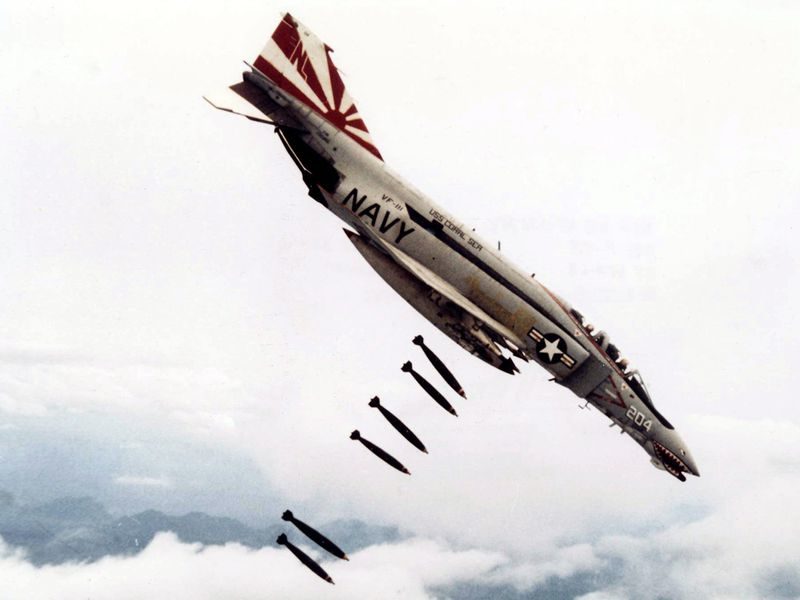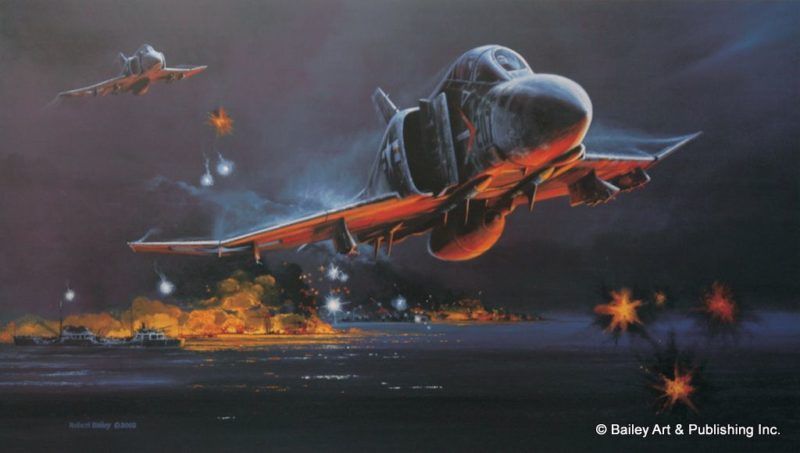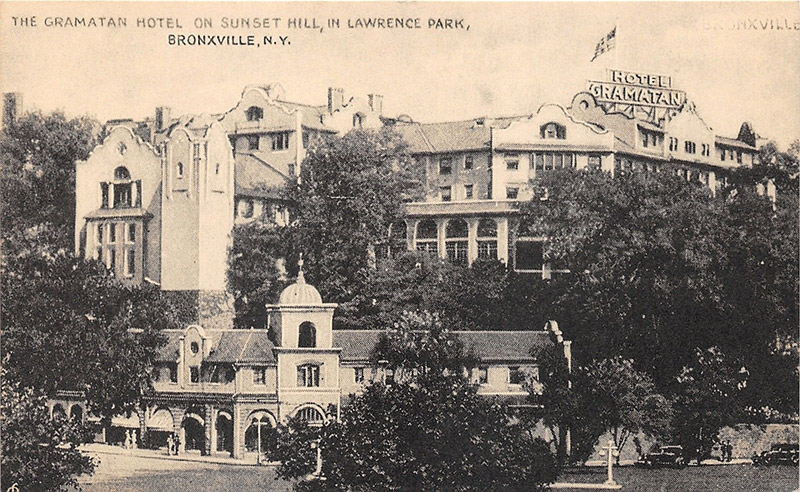Histories
Poems about Histories.
Towns of South Dakota
Turbulence, Misdemeanor and Tureen
Together account for the lion’s share
Of the winter wheat and tourism here.
Natives escape, at the first humor of Spring,
By way of the Mighty Mo’s unlidded brawn,
Decamping in pirogues of home design
Fashioned in the months of cold past caring.
Shooting hydraulics and cataracts, shelves
Of the suppressed cornucopia
Of limestone—“The Griphollow,” “Camel’s Nose”—
They descend the inexhaustible flows
Until Montana, Minnesota, Iowa
Eventually make sense of themselves
And the voyage of the voyageurs slows.
A pasture with a cow, a Winnebago
In somebody’s yard, a concrete canal and so
Into the heart of town: a Dairy Queen;
Burger King; a Commencement in the English mode
In progress on a university green;
A municipal museum in whose basement resides,
In dusty glass, an eider-headed god.
Always they look at what is to be seen.
“In the matter of inventing itself,” they say,
“the Midwest still has work to do.”
Eau Claire, Butte des Morts, Racine....
John Barr
Towns of South Dakota Read More »
Promethean
It was anger — the audacious theft —
that chained him to the cliff for vulture's fare.
But fire itself, Zeus knew, could be the more
poetic punishment: subvert the gift
to a burning underground — Kentucky coal seams,
the slow combustion of mass burials
stoking the decay with human fuel
in plague pits, under soccer stadiums;
make it the incinerating blooms
of Bikini, Fukushima, and Chernobyl,
the Willie Pete and Little Boy that fell
on Dresden, Hiroshima, Vietnam.
Make him the airman crouched above his sight,
aiming to illuminate the night.
John Barr/from Measure
Vietnam V
I stare down into waterburn.
This urge to enter what we see.
Unrefracted tropical sun
with its whole arm
works deeply the ocean interior.
Water and light in union
make a third thing—color as fluid
deepened endlessly.
Into the quarry of aquamarine,
high-walled with light, the mind high dives.
My fingers cleave watersilk.
I breathe heavy light.
The big cavitation of the props
gone by, my struggling stops, my slowed
descent, in diminishing light,
gains the country where the shark
is eagle, fish the fishermen, and men
no more than stones along the road.
John Barr / from The Hundred Fathom Curve
Good Men Who Eat Their Cubic Mile of Cold
Good men, who eat their cubic mile of cold,
their biscuits of loneliness without complaint,
bad boys, who never finished school
but welcome the war zone for the extra pay.
For the various ocean on which they work
they show no feeling only the respect
lumberjacks would show a leaning tree.
Waterspouts, whales pass distantly.
The “youngsters," down in the hold with dreams,
don't hear the pumps reciprocate with steam.
The old men, repair their only art,
no longer follow arrivals and departures of the heart.
Each makes a pact with steel,
comforted in the mesh of part and part.
They never age: machinery maintained,
they seem by that to be sustained.
Before agreeing to a Sailor's Home,
they would put to sea once more
and, far out, lay the fires
and give the ship into the hands of drift.
John Barr
Good Men Who Eat Their Cubic Mile of Cold Read More »

